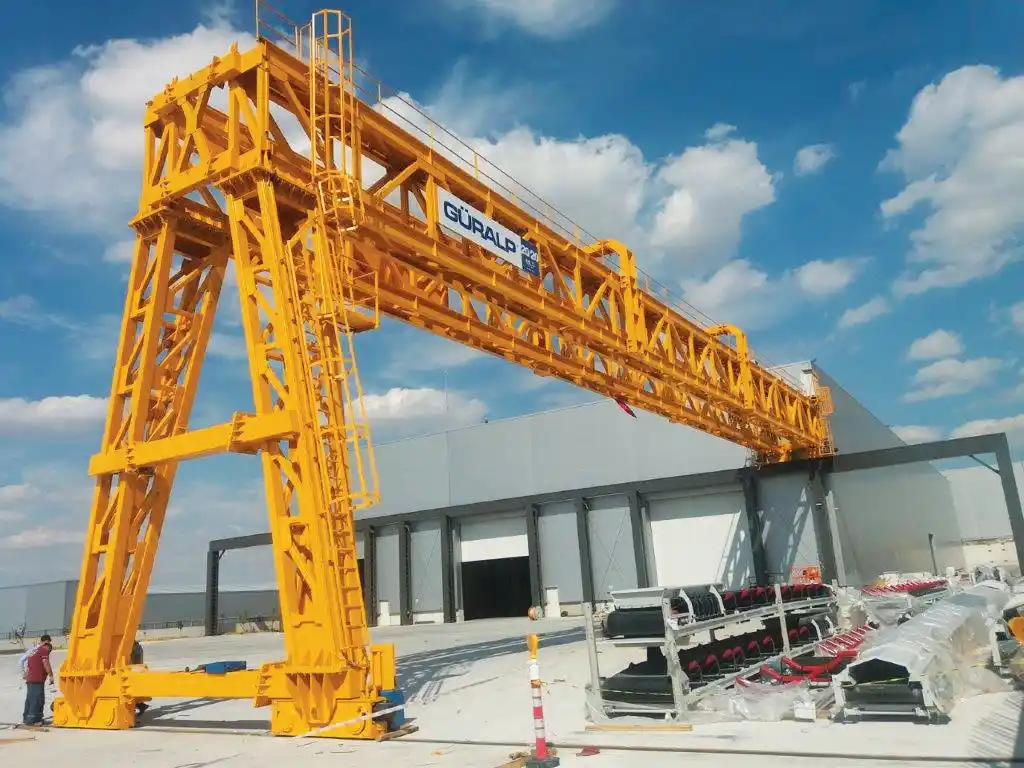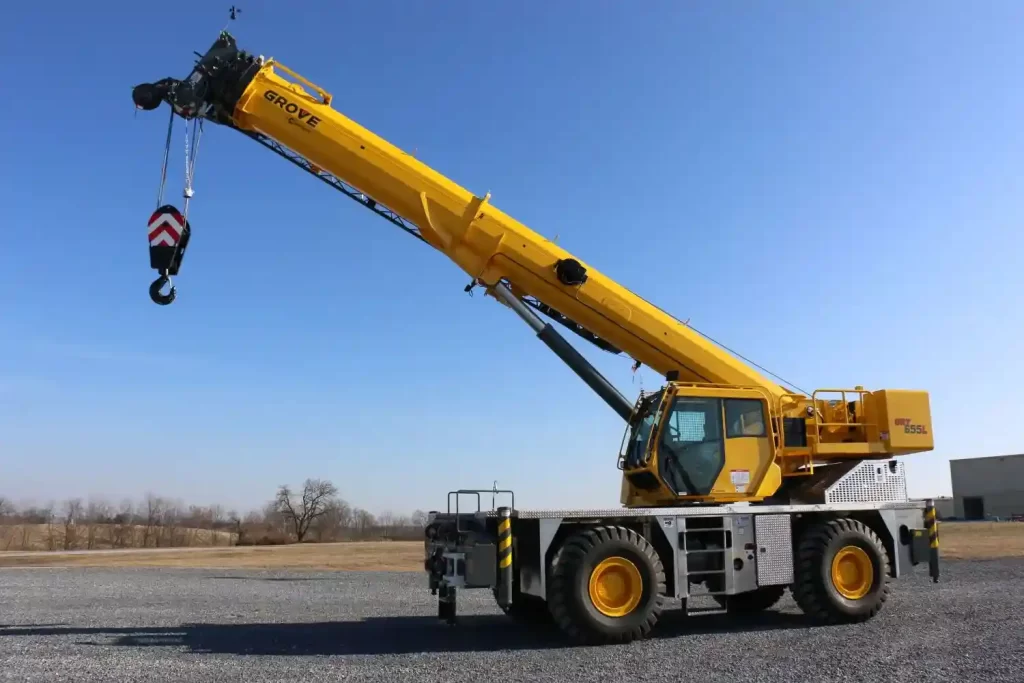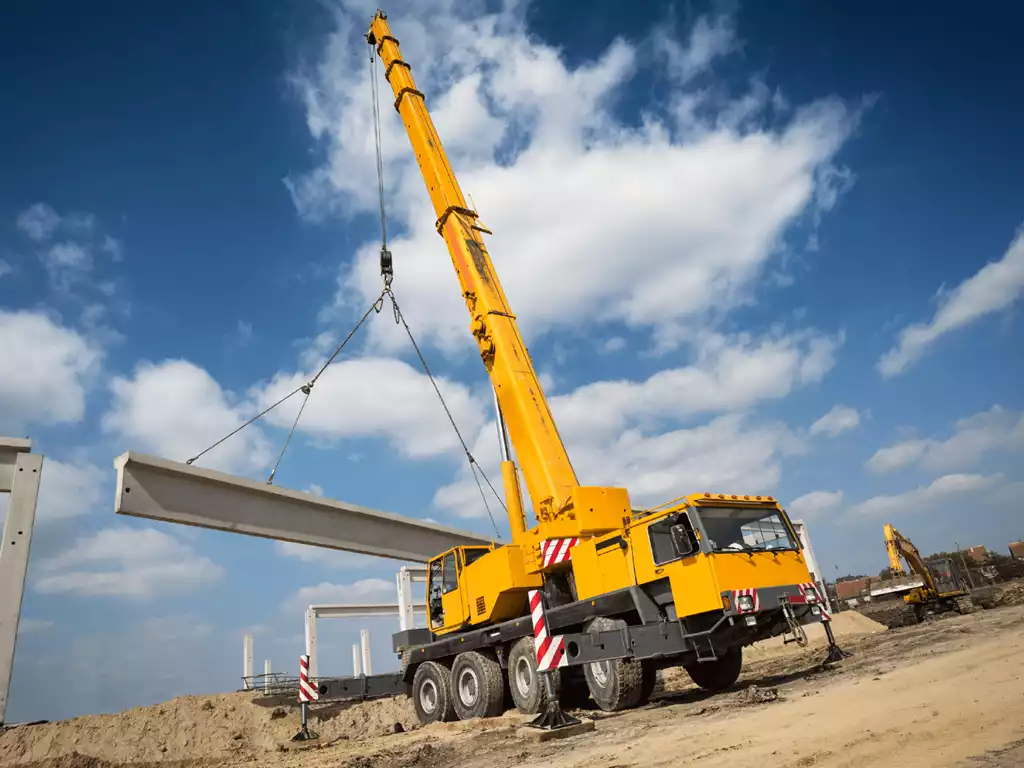Complete Guide to Crane Operation: Safety, Efficiency, and Practical Tips
What Is Crane Operation?
Crane operation involves all stages of using a crane, from preparation, lifting, to load transfer. Efficient crane operation requires meticulous planning, an understanding of crane components, and strict adherence to safety measures. Errors in crane operation can have serious consequences, making training and safety procedures a priority in any heavy equipment project.

Types of Cranes and Their Applications
Overhead Cranes
Primarily used in manufacturing facilities and warehouses, these cranes are designed to lift loads within confined spaces indoors.Outdoor Cranes (Mobile Cranes)
Mobile cranes are widely used in construction and mining sites. Their flexibility allows for free movement, making them ideal for various lifting jobs.Tower Cranes
Essential for high-rise building construction, tower cranes offer the stability and reach needed for large-scale projects.Jib Cranes
These cranes are typically used in small workshops or factories for handling lighter loads within limited reach.
Key Stages of Crane Operation
1. Planning and Preparation
Crane operation starts with detailed planning, including load assessment, work environment considerations, and weather conditions. Ensure the crane and equipment are suited to the project’s needs, and conduct a thorough inspection before beginning work.
2. Setting Up the Work Area
The crane operation area should be kept clear of unauthorized personnel. Mark off the safety zone and use barriers to ensure the crane’s radius is safe for operation.
3. Lifting Process
Confirm that the load is securely fastened. Lift loads slowly to prevent load shocks that could destabilize the crane.
4. Moving the Load
The operator must stay fully focused, monitoring the load to ensure it remains stable. Effective communication with the ground crew is crucial to ensure smooth load movement.
5. Placing the Load
Lower the load carefully to avoid any damage or collision. Ensure it’s placed on a stable and secure surface.
Crucial Safety Factors in Crane Operation
– Weather Conditions
Extreme weather like strong winds, heavy rain, or snow can interfere with crane operations and increase accident risk. Avoid crane operation under such conditions.
– Operator Training
Operators must undergo specific training and certification to handle cranes safely, including an understanding of equipment, lifting techniques, and safety protocols.
– Regular Inspections
Regular checks on all crane components, such as cables, chains, brakes, and hydraulic systems, help identify potential issues before they impact operations.
– Communication Supervision
Effective communication between the crane operator and the ground crew prevents miscommunication that could lead to accidents.

Effective Crane Operation Tips
1. Keep the Crane in Prime Condition
Regular maintenance is key for optimal crane performance. Ensure all parts, like cables, slings, and engines, are in good working order.
2. Observe Load Capacity Limits
Never exceed the load capacity specified by the manufacturer to prevent equipment damage and operational failures.
3. Use Supporting Technology
Load sensors and cameras can assist operators by allowing remote load monitoring, enhancing accuracy and safety during operation.
4. Provide Ongoing Training for Operators
Regular training keeps operators updated on new techniques and ensures compliance with safety protocols in a rapidly evolving field.
Challenges in Crane Operation
Changing Weather Conditions
Unpredictable weather, like strong winds or sudden rain, can disrupt crane stability and reduce operator visibility.Limited Operational Space
Some crane operations require careful maneuvering within restricted spaces, such as urban sites or industrial areas, demanding extra caution from operators.Load Weight and Size
Each load type requires a unique lifting technique. Unbalanced or oversized loads need extra attention to avoid lifting failure.Operator Skill Level
The quality of crane operation largely depends on the operator’s skill and expertise. Insufficient training or operator errors can lead to critical incidents.
The Importance of SSC Works in Quality Crane Service and Operation
As a company specializing in heavy equipment repair, SSC Works offers reliable and high-quality crane servicing. We understand that safe, efficient crane operation is essential to your project’s success. Our team comprises experienced and skilled technicians who handle all aspects of crane maintenance and repair, from hydraulic and electrical systems to mechanical parts. We also provide training and consultation to ensure your team operates cranes safely.
By following proper procedures and regular maintenance, crane operation can be safe and effective, minimizing risks while boosting project efficiency. Let SSC Works support your operations with dependable and experienced crane servicing solutions.

